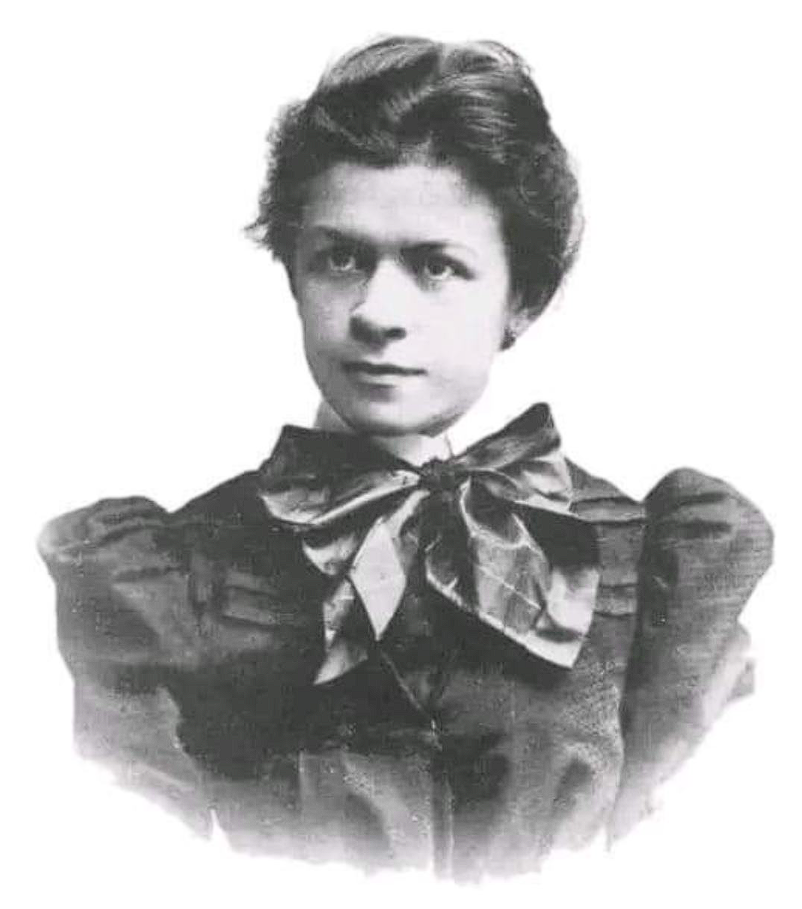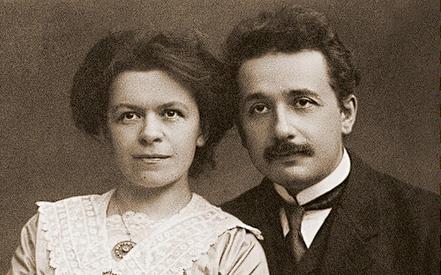Mileva Marić Einstein, Albert Einstein’s first wife, was a brilliant mathematician and physicist whose contributions to his groundbreaking theories have been historically overlooked. Her story is one of exceptional talent, perseverance, and the challenges faced by women in science during the early 20th century.
A Brilliant Mind Amidst Academic Barriers
Mileva Marić’s academic journey was marked by exceptional talent and the formidable obstacles she faced as a woman pursuing higher education in a male-dominated field.
Academic Excellence at Zurich Polytechnic
Mileva Marić demonstrated exceptional academic prowess at the Polytechnic Institute of Zurich, excelling in mathematics and physics.
- Overcoming Barriers: Unlike Einstein, she had to fight for special permission to attend the institute, showcasing her determination and resilience.
- Superior Academic Performance: Marić consistently outperformed Einstein academically, achieving higher grades in several courses.
- Top Marks in Applied Physics: Notably, she received the highest mark of 5 in Applied Physics, while Einstein received a significantly lower mark of 1.
Collaborative Work and Shared Genius
Mileva Marić’s contributions to Einstein’s early work suggest a collaborative partnership where her mathematical and scientific insights played a crucial role.
- Early Collaborative Publications: Their first article on capillarity, submitted in 1900, was published solely under Einstein’s name due to societal prejudices against female authors.
- Handwritten Lecture Notes: Many of Einstein’s lecture notes are in Marić’s handwriting, indicating her active involvement in his academic pursuits.
- Einstein’s Acknowledgment: Einstein himself acknowledged her assistance with mathematical problems, stating, “I need my wife; she helps solve all of my mathematical problems.”

The “Magic Years” and Unacknowledged Contributions
The period of their marriage, known as Einstein’s “magic years,” saw the publication of 80% of his most famous works, raising questions about the extent of Marić’s contributions.
- Productive Marriage Period: The “magic years” of Einstein’s scientific breakthroughs coincided with their marriage, suggesting a possible correlation between their partnership and his productivity.
- Uncertainty of Extent of Contributions: The exact extent of Marić’s contributions remains a subject of debate among historians, with evidence pointing to her significant involvement.
- Historical Overlooking: Her contributions were largely overlooked for many years, reflecting the historical tendency to minimize the role of women in science.
A Life Marked by Personal Challenges and Legacy
Mileva Marić’s life was marked by personal challenges, including divorce and the struggle to gain recognition for her work.
Divorce and Abandonment
The end of their marriage was marked by Einstein’s infidelity and abandonment, leading to their divorce.
- Infidelity and Separation: Einstein’s infidelity led to their separation and eventual divorce, ending their collaborative partnership.
- Personal Struggles: Marić faced significant personal struggles following the divorce, including raising their children alone.
- Impact on Recognition: The divorce and subsequent separation likely contributed to the lack of recognition for her contributions during her lifetime.

Legacy and Rediscovery
In recent years, Mileva Marić’s contributions have been increasingly recognized, shedding light on her role in Einstein’s early work.
- Increased Recognition: Historians and scholars have begun to re-evaluate her contributions, giving her long-overdue recognition.
- Documentary Evidence: Documentary evidence, including letters and academic records, supports the claims of her involvement in Einstein’s work.
- Inspiration for Women in Science: Her story serves as an inspiration for women in science, highlighting the importance of recognizing their contributions.
The Importance of Recognizing Overlooked Contributions
Mileva Marić’s story underscores the importance of recognizing the contributions of women in science, who have often been overlooked throughout history.
- Addressing Historical Injustices: Recognizing her contributions helps to address the historical injustices faced by women in science.
- Promoting Gender Equality: Her story promotes gender equality in science by highlighting the importance of giving credit where credit is due.
- Inspiring Future Generations: Her legacy inspires future generations of women to pursue careers in science and to strive for recognition for their work.

Mileva Marić Einstein’s story is a testament to the brilliance and perseverance of women in science. Her contributions to Einstein’s early work deserve recognition, and her legacy serves as an inspiration for future generations.
